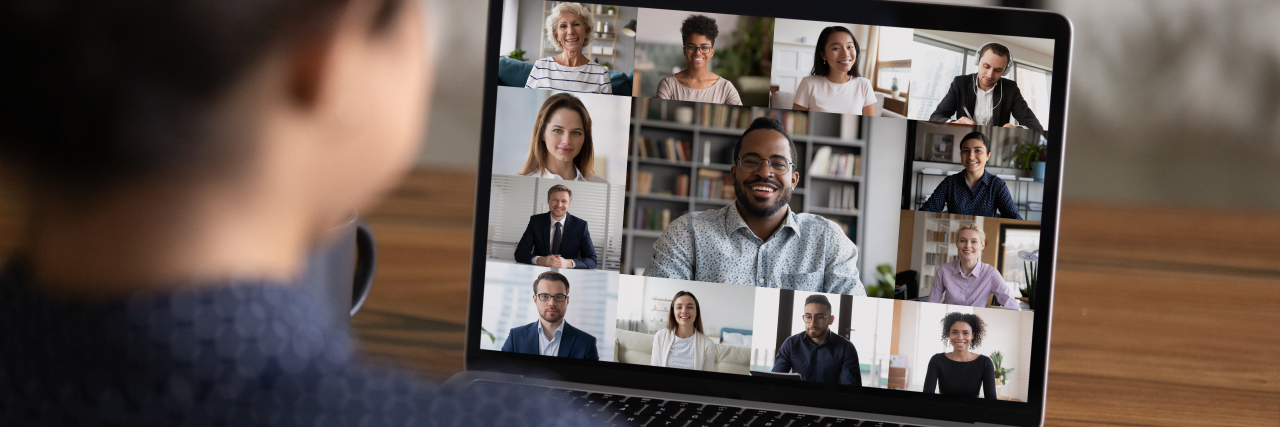Returning to Post-Pandemic Normal Shouldn't Mean Returning to Inaccessibility
The coronavirus pandemic changed the world as everything shifted from what we knew to something new. We wore masks, socially distanced from loved ones, homeschooled our kids, and shifted our world to an internet full of Zoom business calls and Skype weddings.
Now, nearly 18 months later, things are finally starting to reopen. People are getting vaccinated, local businesses are making a comeback, concerts are being announced, classes and offices are resuming in-person meetings.
Reopening and going back to the activities that we so dearly missed is so exciting. But there is one group that we are overlooking through it all. What about the people who are disabled and chronically ill?
While everything was shut down, abled people got a taste of what it is like for those who are disabled and chronically ill on a daily basis. The world finally understood what a mental health crisis looked and felt like. The world felt the lack of motivation and depression many people who are chronically ill experience knowing that every day will be the same where you are unable to go anywhere or be with the people you love.
On the flip side, people with disabilities finally got a more level playing field. With everything shifting virtually, jobs and education became much more accessible. People could now learn and work at their own pace within the flexibility of their own homes, without having to stick to strict office schedules. Many doctors offered telehealth appointments, making access to healthcare easier. Taking breaks for medical appointments and treatments became a breeze as long as the work got done on time; time off was given without questions when falling ill during the pandemic, and you know what? The world kept going, and those who were once denied access to education and their dream jobs now thrived in this new flexible and accessible world.
Now, 18 months later, we are ready to shift everything back to the way things once were. I’m afraid that when people say things are going “back to normal” what they are referring to is the dismantling of all the accommodations and accessibility aids that were put into place over the past year. Yes, people are ready to go back to school, work, go out with friends and family, but for most people who are disabled and chronically ill, the pain and isolation remain long after the end of the lockdown. This was not temporary for them like people seem to think.
It is not fair to take away all of the accommodations and accessibility aids when so many people just started to thrive because they were put in place. Working from home, remote learning, telehealth, curbside pickups, reasonable time off for mental and physical health, heck even virtual concerts and weddings should still remain as options even after the pandemic is over to provide accessible work, education and entertainment to those who would not be able to participate and benefit otherwise. These things should not be phased out just because some abled and healthy people no longer need them.
During this pandemic we have risen to the challenge and proven that the world can thrive with accessibility; let’s not take a step backwards, but instead continue to build on these accessible infrastructures so more people can contribute to and enjoy the world.
Getty image by Fizkes.

